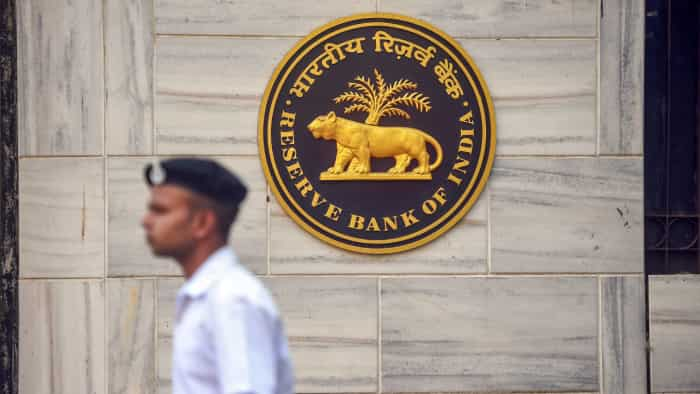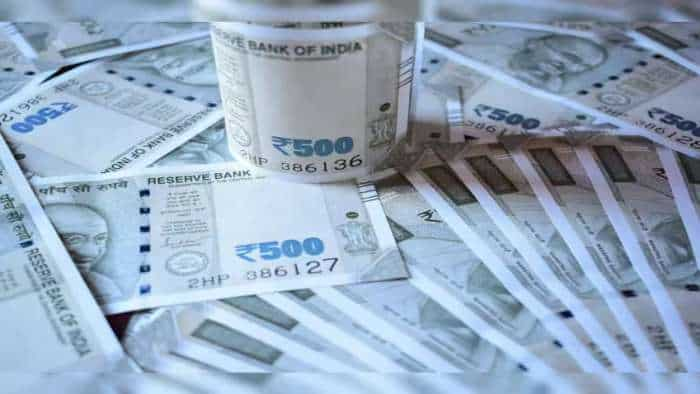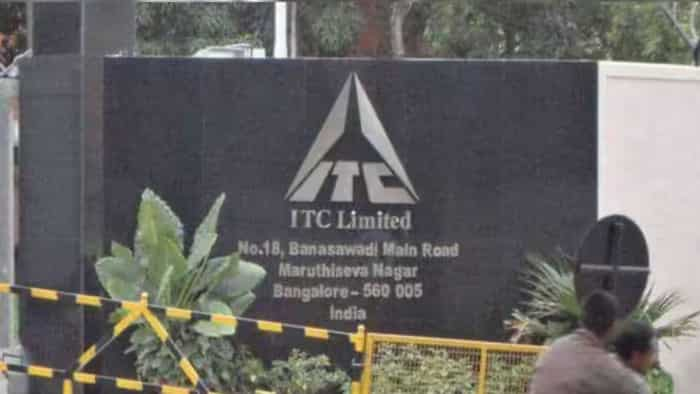Bharat Bond ETF April 2032 closes today: How is it different from fixed maturity plan, who can invest, risks involved and more you need to know
Bharat Bond ETF April 2032, which opened for subscription on December 3, will close today, December 9, 2021.

Bharat Bond ETF April 2032, which opened for subscription on December 3, will close today, December 9, 2021. The bond offers a gross yield of 6.87% and a tentative net of tax yield at around 6.4%, as per Edelweiss mutual fund. This is a 10-year product that will mature in April 2032.
Bharat Bond ETF is an Exchange Traded Fund listed on the NSE, which invests your money in public sector bonds. The fund has a defined maturity date wherein you will receive your investment amount with returns. You can buy or sell units on exchange (NSE) anytime during the tenure of the fund.
See Zee Business Live TV Streaming Below:
Here are some of the frequently asked questions answered about BHARAT Bond ETF by Edelweiss mutual fund
1. What is BHARAT Bond ETF?
BHARAT Bond ETF is an Initiative by the Government of India to cater to the borrowing requirements of CPSEs by pooling investments from retail, HNI and institutional investors. Edelweiss Asset Management has been given the mandate to manage this BOND ETF program.
2. How is BHARAT Bond ETF different from Fixed Maturity Plan (FMP)?
Unlike FMP, BHARAT Bond ETF will be traded on exchange and investors can buy and sell units on the exchange on a real-time basis. Investors can also buy and sell ETF units directly through AMC, which is not possible in the case of an FMP. One cannot invest or redeem from FMP as it is a close-ended structure, unlike BHARAT Bond ETF which is an open-ended structure. Unlike FMP, BHARAT Bond ETF can invest only in bonds which are eligible and part of the index and offers more transparency.
3. How can an Investor trade on the Exchange?
Units of the BHARAT Bond ETFs will be traded on the exchange where the investor can buy or sell these ETF units during the market hours in the lot size of one (1) units and multiples thereof. These transactions will be settled on a T+2 basis.
4. Who can invest in BHARAT Bond ETF?
Any resident (including NRIs) individual and non-individual can invest in BHARAT Bond ETF. If you already have a Demat account, you can apply through your broking account
5. What are the risks involved?
Investing in any fixed-income securities has four major risks- Price risk, Credit Risk, Reinvestment Risk and Liquidity Risk. The ETF aims to mitigate these risks in the following manner:
Price Risk: The ETF has a target maturity. This means the initial yield is locked if the investment is continued till maturity. However, if you withdraw/redeem before maturity, the price risk will remain.
Credit Risk: Each bond issuer is a Public Sector Company with a credit rating of AAA. Credit risk, therefore, is relatively lower.
Reinvestment Risk: Coupons/interest received by the fund shall be reinvested in similar underlying assets as that of the Index/portfolio.
Liquidity Risk: The AMC will appoint market makers to provide liquidity on the exchanges. Hence, investors can buy/sell their units on exchange anytime during the trading hours.
As per ICICI Direct, the government plans to raise around Rs 10,000 crore through this ETF. In its first tranche, it raised around Rs 12400 crore. In the second tranche in July 2020, it was subscribed more than three times, collecting about Rs 11,000 crore.
Earlier, ICICI Direct had recommended to subscribe for the latest BHARAT Bond ETF.
Get Latest Business News, Stock Market Updates and Videos; Check your tax outgo through Income Tax Calculator and save money through our Personal Finance coverage. Check Business Breaking News Live on Zee Business Twitter and Facebook. Subscribe on YouTube.
RECOMMENDED STORIES

RBI Rule: New system for online money transfers to be implemented from April 1, 2025; here's all you need to know

Top 7 Large Cap Mutual Funds With Best SIP Returns in 10 Years: Rs 8,877 monthly SIP investment in No. 1 fund has jumped to Rs 28,69,944; see key details

Top 7 SBI mutual funds with highest SIP returns in 15 years: Rs 7,777 monthly investment in No. 1 scheme has zoomed to Rs 97,64,660
03:14 PM IST













 Bharat Bond ETF NCD: Bid submission to begin on December 13 - Check timing, details
Bharat Bond ETF NCD: Bid submission to begin on December 13 - Check timing, details Bharat Bond ETF: 5 reasons to invest; check interest rate, risk, tax benefit, expense ratio and maturity
Bharat Bond ETF: 5 reasons to invest; check interest rate, risk, tax benefit, expense ratio and maturity Explainer: What is Bond ETF and how it works?
Explainer: What is Bond ETF and how it works? Bharat Bond ETF: Government to release fourth tranche today
Bharat Bond ETF: Government to release fourth tranche today Bharat Bond ETF: Govt to launch fourth tranche on THIS date - Check Details
Bharat Bond ETF: Govt to launch fourth tranche on THIS date - Check Details